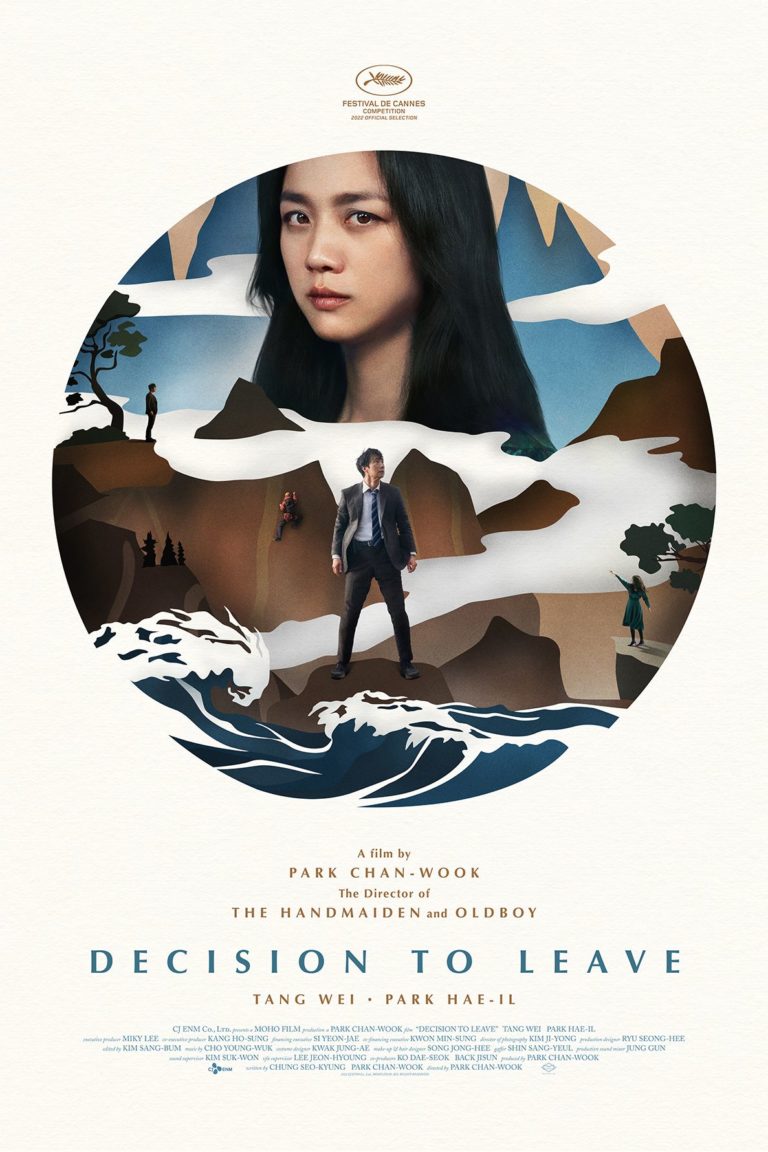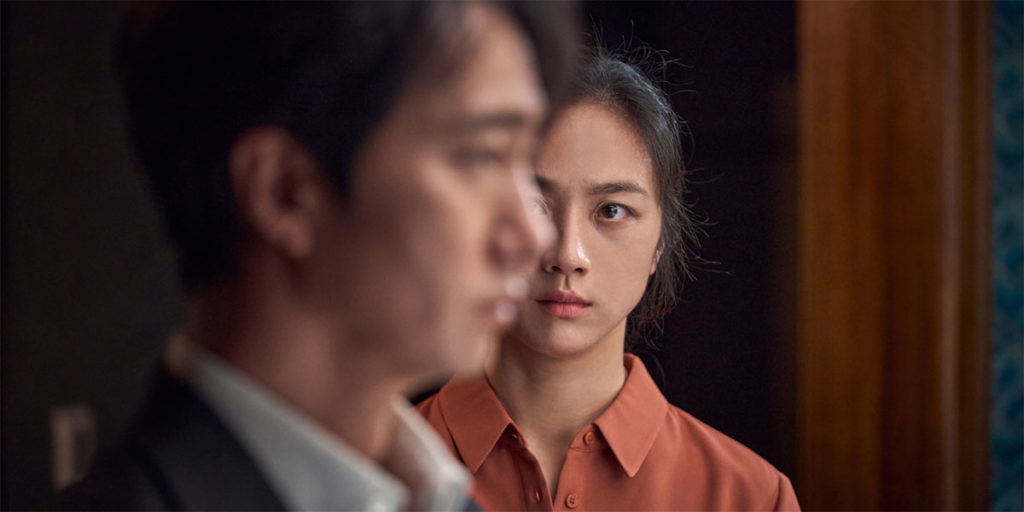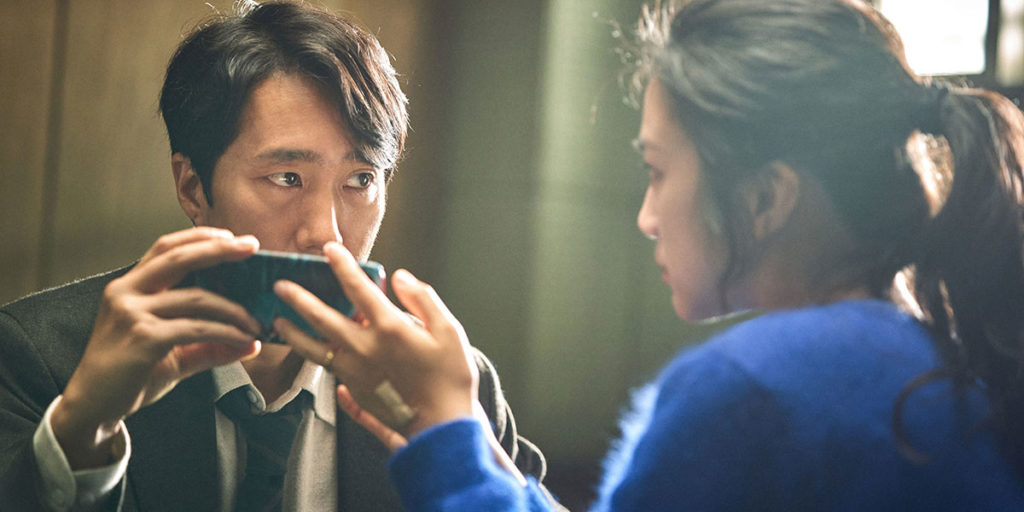
The detective mystery is a particular genre that has evolved over time, adding new dimensions and scaling back certain elements as society changes and the nature of how crimes are committed looks very different from the way it used to years ago. But any good investigative drama should feel timeless to a degree, focused on the cat-and-mouse relationship between a policeman and a criminal that is just as much intellectual and figurative as it is literal and evidence-based. Park Chan-wook’s new film Decision to Leave transports audiences to a world where its insomniac protagonist lives for murder cases and doesn’t realize just how involved he will become in his latest investigation.

Hae-jun (Park Hae-il) is a star detective in Busan whose marriage and work still don’t allow him to sleep, which leaves him to use nights for his preferred hobby: stakeouts. When a hiker is found dead of an apparent suicide, Hae-jun suspects there is more at play. When he meets Seo-rae (Tang Wei), he is immediately enchanted. Though he tells the Chinese immigrant that her Korean is better than his, there remains a slight language barrier lightened by a phone translator app. Their conversations quickly turn to deeply personal subjects rather than interrogations, spawning feelings of Hae-jun going too easy on his prime suspect from a fellow detective and a sense that he must move on to bigger cases from his unamused superior.
There are many layers to Decision to Leave, which runs nearly two and a half hours. Every time Hae-jun believes he has figured out what happened, something new is introduced to throw his entire theory into chaos. As he looks at Seo-rae through binoculars from his car and dictates notes into his watch, Hae-jun imagines himself standing next to her and experiencing what she is doing. That style persists when he calls her on the phone and pretends not to know where she is as well as through his reenactment of how her husband might have been killed, enhanced each time by added information that Hae-jun has applied to revise his working hypothesis.

Decision to Leave, which is South Korea’s official submission to the Oscars this year, might best be described as a noir film, one with heavy Korean influences that recall some of Park’s previous films like Oldboy and The Handmaiden. There are also many moments of humor, if mostly due to the way that Hae-jun is blinded as he begins his emotional affair with a woman who often doesn’t try to hide what she’s doing, even if she’s well aware that it’s not legal and that any other investigator would surely see right through her act. But to presume that any viewer knows precisely what is going on at any given moment is foolish since there are many subtle twists and revelations, and embedding comedy within them only makes their discovery all the more rewarding.
Hae-il and Wei deliver masterful performances that make their interactions inherently believable, especially since both characters act a certain way with each other that isn’t like how they communicate with others. Hae-jun seems open with his wife, who frequently cites statistics about what things keep marriages alive, but he has a real passion for Seo-rae that’s equal parts curiosity and emotion. Masterful visuals and sets accompany involving scenes of dialogue, and among the most intriguing lines are quotes that Seo-rae must run through her translator to be sure she’s accurately conveying. The mix of language and body language works extraordinary well in this cleverly-crafted drama, one which navigates many genres and styles, effortlessly moving through them to provide a dreamlike and mesmerizing experience.
Grade: B+
Check out more of Abe Friedtanzer’s articles.
Here’s the trailer of the film.
Following its North American premiere at the Toronto International Film Festival, Decision to Leave will be released in theaters on October 14th.

